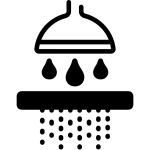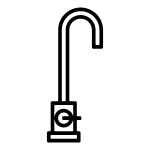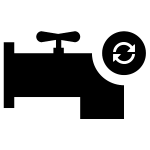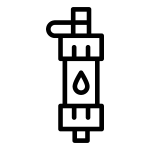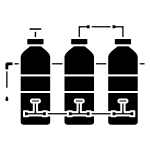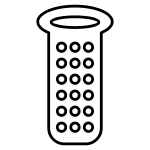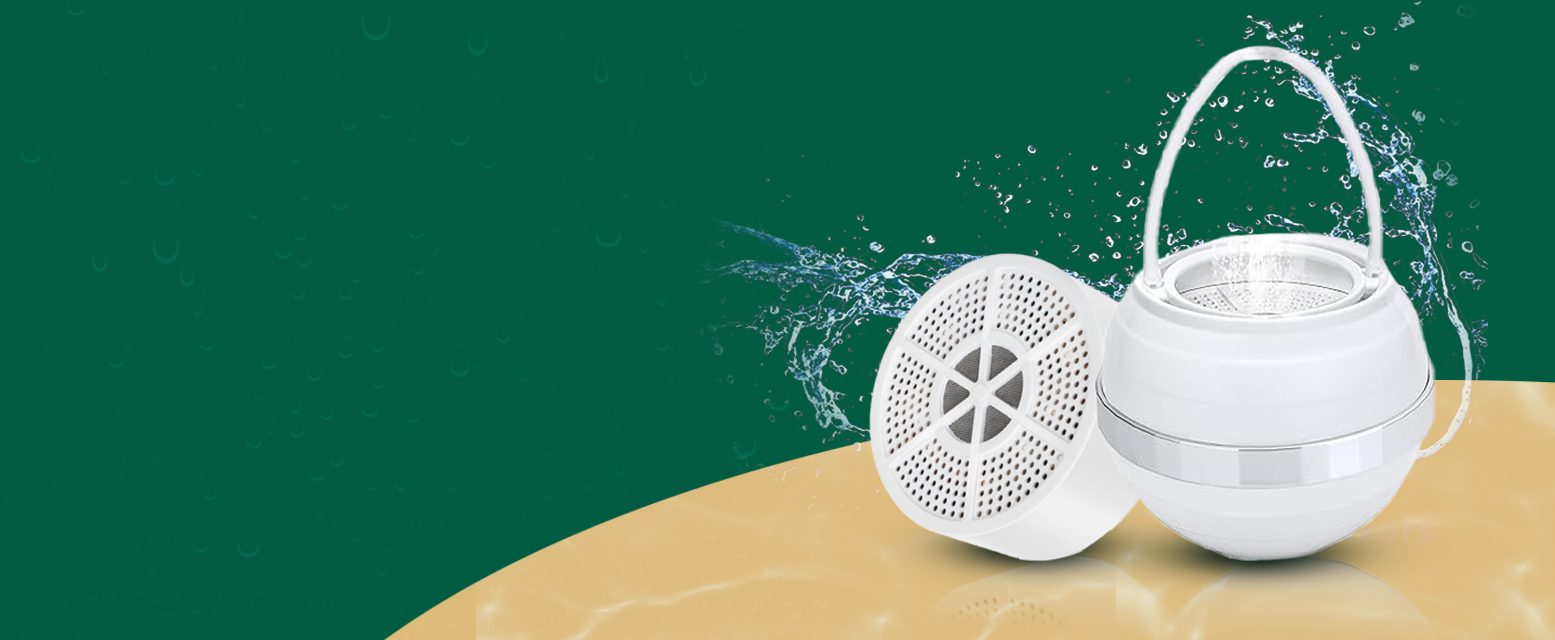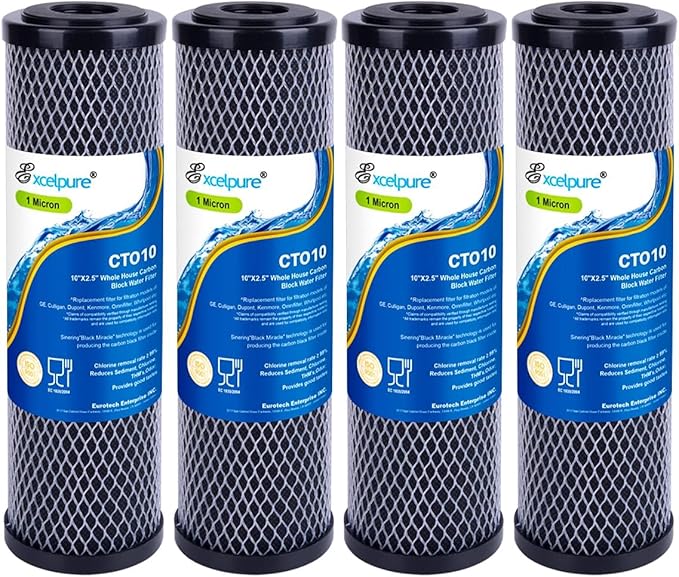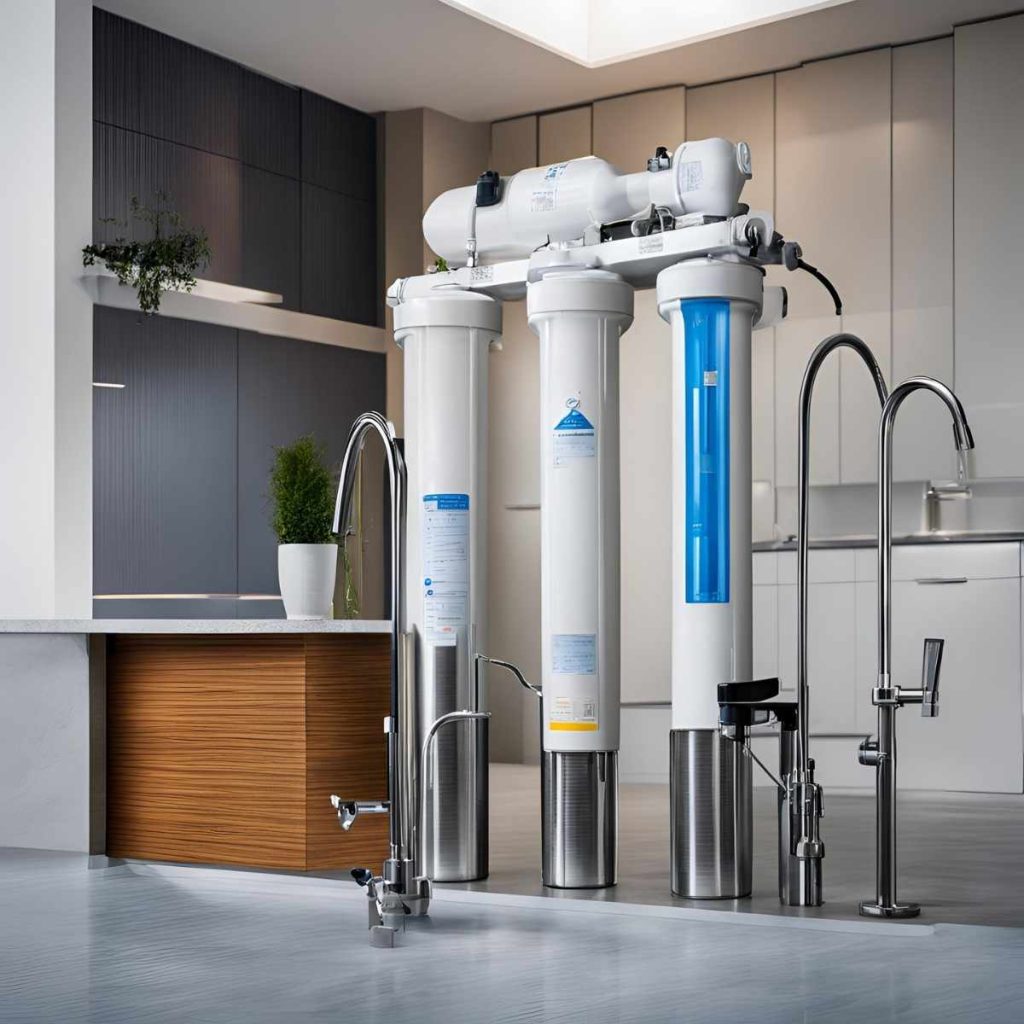Clean water is not a luxury—it’s a necessity. Whether you’re drinking, cooking, or showering, the quality of your home’s water affects your health and daily life. But with so many options available, you might wonder: What is the best water filter system for home use?
In this detailed guide, we’ll break down different types of water filter systems, how to choose the best one, and why investing in the right system can save your health and money in the long run.
Why Water Filtration Matters at Home
Before diving into products, let’s understand why a home water filtration system is essential:
- Removes contaminants like chlorine, lead, arsenic, fluoride, and bacteria.
- Improves taste and odor of tap water.
- Reduces plastic waste by minimizing bottled water use.
- Extends the life of your plumbing and appliances.
- Protects your health from harmful chemicals and pathogens.
Now, let’s explore the different types of water filters and which one is best for you
Types of Home Water Filter Systems
Each home has different water needs. Some homes receive municipal water treated with chlorine and fluoride, while others rely on private wells, which may contain bacteria or iron.
Here are the most common types of home water filtration systems
1. Whole House Water Filter Systems
Also known as point-of-entry (POE) systems, these filters treat water as it enters your home, covering all faucets, showers, and appliances.
Best For:
- Families who want clean water in the kitchen, bathroom, and laundry.
- Homes with hard water or multiple contaminants.
Pros:
- Comprehensive filtration.
- Protects plumbing and appliances.
- Low maintenance.
Cons:
- Higher initial cost.
- Professional installation required.
Popular Cuoll Product Example:
Cuoll Advanced Whole House Water Filter System with Carbon & Sediment Filters
2. Under Sink Water Filters
These filters are installed under your kitchen sink and connect directly to a dedicated faucet.
Best For:
- Drinking and cooking water.
- Smaller households or renters.
Pros:
- Easy to install.
- Compact design.
- Highly effective for drinking water.
Cons:
- Limited to one faucet.
- Filters need frequent replacement.
3. Countertop Water Filters
Placed on your kitchen counter, these filters are easy to use and often connected directly to your faucet.
Best For:
- Renters or temporary homes.
- Budget-conscious households.
Pros:
- No installation needed.
- Affordable.
- Portable.
Cons:
- Takes up counter space.
- Not suitable for whole-house needs.
4. Faucet-Mounted Water Filters
Attach directly to the faucet and filter water instantly as it flows.
Best For:
- Quick and convenient filtration.
- Low-budget users.
Pros:
- Very affordable.
- Easy installation.
Cons:
- Slower flow rate.
- Only fits standard faucets.
5. Reverse Osmosis (RO) Systems
RO filters push water through a semi-permeable membrane, removing up to 99% of contaminants.
Best For:
- Maximum filtration.
- Areas with poor water quality.
Pros:
- Removes heavy metals, fluoride, bacteria.
- Produces very pure water.
Cons:
- Wastes some water.
- Slower output.
- Needs space under the sink.
6. Shower Filters
Don’t forget your skin! Shower filters remove chlorine, chloramine, and other chemicals that may cause dryness, irritation, and hair damage.
Best For:
- People with sensitive skin or hair issues.
- Homes with heavily chlorinated water.
Pros:
- Easy to install.
- Protects hair and skin.
Cons:
- Only affects the shower water.
- Needs regular replacement.
7. Bathtub Water Filters
Perfect for families with babies or those who love soaking in clean, chemical-free water.
Best For:
- Baby baths, sensitive skin, eczema sufferers.
Pros:
- Safe, clean bath water.
- Easy to attach and use.
Cons:
- May not fit all tub types.
Factors to Consider Before Choosing a Water Filter System
To find the best water filter for your home, you need to evaluate your specific situation:
1. Water Quality Report
- Get your water tested.
- Identify specific contaminants (lead, chlorine, fluoride, bacteria).
- You can request a free report from your local municipality or use home testing kits.
2. Budget
- Whole house systems: $500–$2000+
- Under sink: $100–$500
- Countertop & faucet filters: $30–$150
- Replacement filters cost extra.
3. Water Usage
- A large family uses more water—choose a higher capacity system.
- Low-flow systems may not keep up with daily demand.
4. Maintenance & Filter Replacement
- Consider how often you’ll need to replace filters.
- RO systems need more maintenance.
- Sediment and carbon filters generally last 6-12 months.
5. Installation
- Some systems are DIY-friendly.
- Whole house systems usually need professional installation.
Top 5 Water Filter Systems for Home [2025]
If you’re still wondering what is the best water filter system for home, here are our top picks based on performance, reviews, and value
1. Cuoll Smart Whole House Water Filter System
- 3-stage carbon + sediment filter
- Removes chlorine, lead, VOCs
- High capacity: 100,000 gallons
- Great for large homes
Ideal For: Long-term use, large families
2. Cuoll 5-Stage Reverse Osmosis Under Sink Filter
- Removes 99.9% of all contaminants
- Includes UV sterilizer
- Smart filter life indicator
Ideal For: Drinking water, maximum purity
3. Cuoll Shower Filter with Vitamin C & Ceramic Beads
- Reduces chlorine & sulfur smell
- Nourishes skin and hair
- Easy installation
Ideal For: Skin-sensitive individuals
4. Cuoll Faucet Filter for Kitchen Use
- Attaches directly to tap
- Reduces chlorine, lead, and bad odor
- Affordable & portable
Ideal For: Students, small apartments
5. Cuoll Bathtub Filter Attachment
- Quick install
- Removes chlorine and hard minerals
- Safe for babies & sensitive skin
Ideal For: Families with kids or skin concerns
FAQs About Home Water Filter Systems
Q1: What is the best water filter system for home use?
A: It depends on your needs. For whole-home use, a multi-stage carbon filter system is best. For drinking water, go with reverse osmosis.
Q2: How often should I change water filters?
A: Typically every 6–12 months depending on water usage and filter type. Some smart systems show filter life indicators.
Q3: Do I need a professional to install a water filter?
A: It depends. Faucet and countertop filters are DIY-friendly. Whole house systems usually require a plumber.
Q4: Is reverse osmosis water better than regular filtered water?
A: Yes, it’s cleaner and purer but wastes more water and removes some beneficial minerals too.
Q5: Can water filters remove all contaminants?
A: No filter removes everything, but multi-stage filters and RO systems come very close.
Final Thoughts: Choose the Right System for You
There’s no one-size-fits-all answer to what is the best water filter system for home. Your ideal system depends on water quality, budget, usage, and personal preferences.
At Cuoll, we offer a wide range of high-quality water filtration products tailored to every home and need. Whether you want whole-house protection, clean drinking water, or a filter for your baby’s bath, we’ve got you covered.
🔹 Explore our latest water filters now at Cuoll.com
🔹 Talk to our experts for personalized recommendations
🔹 Enjoy clean, safe, and healthy water for you and your family


